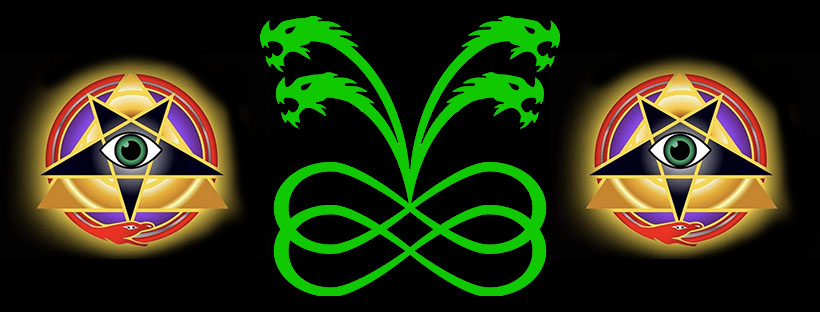This is said in the first Psalm of Ozael and it says that this kingdom is unseen by humans save in their last breath. This fact points out a few things about the Upyreshi as a race and a people. First it shows that in spite of the tribes, families and lineages of the race, the Upyreshi are one and are seen in the mundane world as shadows. Secondly this bit of lore points to the fact that all Upyreshi are naturally inclined to seeing themselves as being apart or above others and seek to sort out who is strongest or best among their own kind. This does not mean that those that lead have divine right to do any less than any other Upyre, it means that Upyreshi, being reptilian, strive in common when they can and go alone when they must based on when mutual advantage flows with individual advantage. Thirdly this statement from the psalm points to the fact that humans and Upyreshi live in different octaves of reality with only portions of the world of each only partly overlapping. This makes the public community or visible community a point of intersection between the two worlds of Man and Upyreshi. Some Houses in the community are public or semi-public and most are private and then there are those that belong to the public drawing both Upyreshi and humans touched by them. House Rakoczy and most of Clan Dracul are private but we deal with the mundane world and even the public community. While dealing with the mundane world and the public community Upyreshi will largely dwell apart, and always will in terms of the public.
This is not a lack of power for Upyreshi; indeed many Upyreshi have changed the world and the twists and turns of history, though never reported as such. The same psalm speaks of the Upyreshi as shadows having been before Man, i.e., they were Nephilim, and shall be after Man. Blood, both that of Upyreshi and Man, is shown in the same psalm as the key to realms beyond those of the mundane and between the worlds of the Upyreshi and Man. Blood unites Upyre to Upyre and the web of that Blood draws Upyreshi together, driving them to sort out by action who is what among them. Blood also makes some humans into prey rather than Man and to the Upyreshi there is a world of difference between Man and “prey”, showing the power of choice in man as to whether one is Man or prey and explaining the legend of invitation in Upyreshi lore and the role of manners in Upyre culture. This psalm is one of the three to deal with the dead and given the matter of the psalm this points to the Dead standing between the worlds of the Upyreshi and Man which has echoes of the world or reality of the Upyreshi being linked to the idea of Purgatory. The link with the Dead also points to the natural affinity between Upyreshi and the spirits for good or ill which points to the technology of magick in the life of an Upyre. The Dead lead to other types of spirits and thus the development of spiritual technology and this focus also relates to the role of and control of states of consciousness among Upyreshi. The visible world should not be confused with the mundane world or the world of Man because the visible is a totality of all worlds held in place by collective agreement of the sentient.
One of the runes in the Silent Way in the psalm is the symbol of the eye pointing to the role of image in language and the role of awareness in being able to communicate, all of which points to Upyre awareness taking in the multiverse. The same eye or perception is the door in this psalm and suggests the fact that what is invested in manifests with enough power. This thread of lore points to it is up to the Upyre to define itself and its reality and its role in that reality by its actions. The nature of reality for the Upyreshi being what it is, the inherent nobility of any Upyre can be seen and its level proven based on what it does and how it acts doing it. Knowing themselves as shadows, Upyreshi must refine the substance that they are.
